Kwarteng’s not-so-mini Budget: Energy Support
UPDATE: The government will reverse almost all tax measures announced in its mini-budget. Plans to cut the basic rate of income tax to 19% have been shelved and support for energy bills scaled back. The mini-budget caused turmoil on financial markets. Jeremy Hunt will reveal his first Autumn Statement as chancellor on Thursday, 17 November. See here for most up to date articles.
One of other areas of focus was to elaborate on the Government’s relief package to help businesses and households tackle the catastrophic rise in energy prices. Kwarteng announced three key measures.
First, he discussed the previously announced Energy Price Guarantee for households, which Liz Truss brought in two days after becoming Prime Minister. The guarantee, which will last for two years, will mean the typical household – using 12,000 kWh of gas and 2,900 kWh of electricity – will pay no more than £2,500 a year (though this is dependent on usage).
The Government will also offer a one-off £400 fuel bill discount to all households this winter, and anyone who doesn’t use mains gas and electricity – like those using heating oil – will receive an additional £100 on top. The ‘most vulnerable’ will be offered additional support, with a total saving of up to £2,200.
Truss also announced earlier in September that green levies would be removed from domestic energy bills for two years, saving the average household £150.
The newly introduced Energy Bill Relief Scheme, aimed at supporting businesses (which aren’t covered by the energy price cap), will cap wholesale energy prices for six months from 1 October for all organisations. It will apply to all non-domestic energy customers in England, Scotland and Wales. There are plans to offer an equivalent scheme in Northern Ireland.
The cap will limit prices to 7.5p per kWh for gas and 21.1p per kWh for electricity – a move the Government says will mean less than half the wholesale price organisations would otherwise face this winter. If you entered into a fixed price contract that started after 1 April 2022, you’ll still be eligible for the scheme, and anyone on a variable energy tariff will receive an automatic discount for each unit of energy used.
In three months’ time, a review identifying organisations that need further support after March 2023 will be published. As with the energy price guarantee for households, customers do not need to take action or apply to the scheme to access the support.
Finally, the Chancellor introduced a £40bn Energy Markets Financing Scheme to combat the “volatile and erratic energy prices” that are “rising and falling every hour”. Under the scheme, which opens for applications on 17 October, there will be a 100% guarantee to commercial banks covering additional lending extended to firms. The intention is to provide short-term financial support to help energy firms continue to operate while facing extraordinary liquidity requirements.
The Government’s hope, that these measures will reduce peak inflation by 5%, has been met with scepticism from critics, who argue that the cost of the package – estimated to be between £130bn and £150bn – will ultimately hit individuals and taxpayers harder than large corporations.
